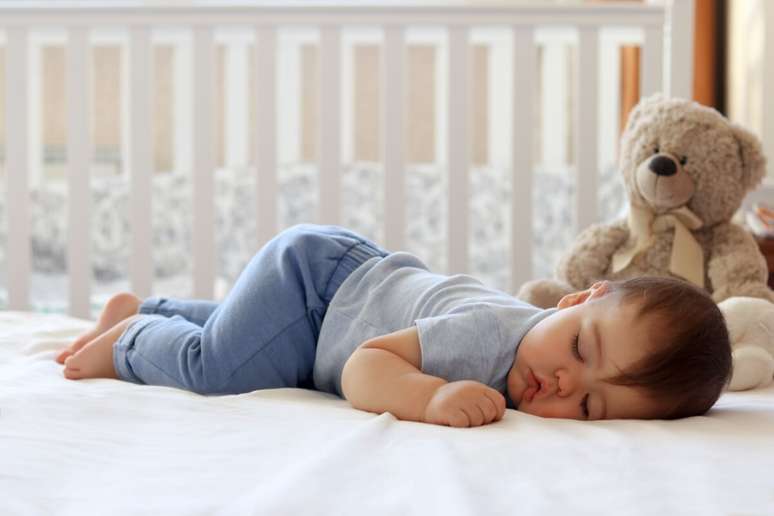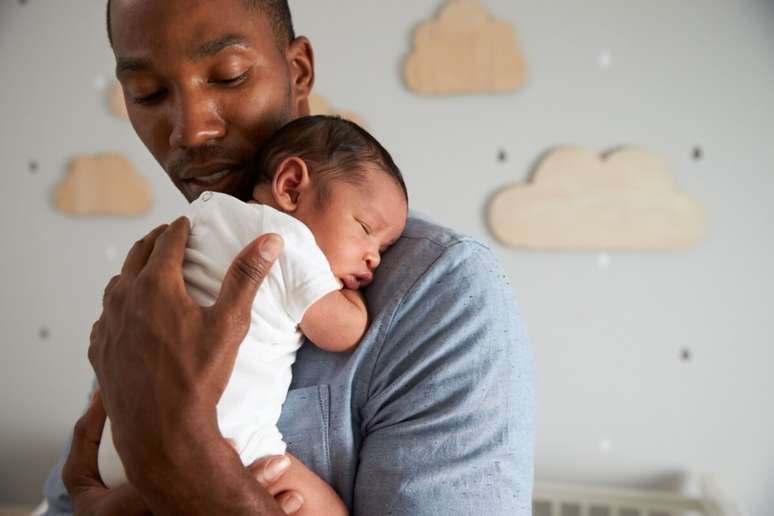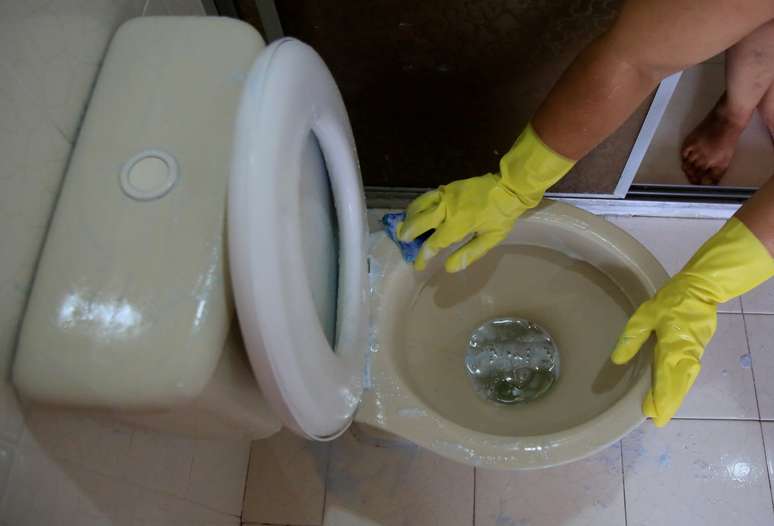The expert explains children’s sleep habits and provides advice for a more peaceful cycle
Infant sleep is one of the main concerns of parents in the first months of life. As a child grows, sleep needs change dramatically, requiring attention and adjustments from those who take care of him. In this scenario, understanding these variations is essential to ensure more peaceful nights, not only for the child, but for the entire family.
Baby sleep stages
Experts point out that infant sleep develops in several phases during the first months of life. Newborns can sleep up to 17 hours a day, but in short cycles, regulated mainly by the need for food and comfort. This pattern, however, changes rapidly as the child develops neurologically.
According to Eliana Dias, a maternal and child consultant and infant sleep specialist, understanding the stages of development is essential to help parents create an adequate sleep cycle. “Knowing the baby’s abilities and needs in each month, up to 6 months of life, is essential. The sleep routine exists from birth, and the mother must observe what is standard and what deviates from good habits, conducting it correctly,” she reveals.
Challenges of the “sleep regression” phase.
One of the most challenging times is the 4-month period, often called “sleep regression.” For many parents, this stage may seem like a sudden interruption in the process, but Eliana Dias clarifies that it is actually an important neurological milestone.
“In fact, what we call regression of the sleep at 4 months is a neurological progress for the child. He already knows how to use everything he has learned and, as a result, parents who have not guided effectively here will have more problems, believing that the child is no longer sleeping. Yes, his level of understanding has changed”, describes the expert.
At this point, the baby begins to develop sleep cycles more similar to those of adults, with transitions between light and deep sleep. This is also the time when many babies become more sensitive to their environment. Eliana Dias emphasizes that with good guidance from the beginning, parents can avoid many common difficulties.

Essential Tips for Creating a Healthy Sleep Routine for Kids
Maternal and child counselor and baby sleep specialist Eliana Dias provides 6 tips on how to create a healthy sleep routine for the child. See below!
1. Establish a nap routine
Eliana Dias explains that “naps are the emotional regulator of the child.” A proper nap routine during the day helps you feel more comfortable and rested, promoting an organized and stable night’s sleep.
2. Ideal sleeping environment
A quiet environment is essential, with low lighting during the day and total darkness at night. “Just as an adult sleeps better when he is in a comfortable environment, children also need a quiet environment, with a pleasant temperature and less visual stimuli,” explains the expert.
3. Balanced diet
THE baby feeding also plays an important role. Specialist Eliana Dias emphasizes the importance of maintaining a dietary routine that provides a good caloric reserve, without necessarily breastfeeding the baby right before going to bed.
4. Don’t believe the myths about baby sleep
The professional comments that “it is important to avoid believing that ‘children don’t sleep’ or that ‘children are just like that.’ This is not true. Every child, if educated according to his or her abilities at each age, will learn to sleep.” Teaching good habits from an early age is essential to avoid difficulties in the future.
5. Adapt to new phases
Any change in a child’s behavior requires an adaptation on the part of the parents. “THE Child their level of understanding has changed, so parents also have to adapt to the new phase, changing teaching strategies”, warns Eliana. This adaptation is essential to ensure the continuity of healthy sleep habits during growth.
6. Importance of parental interaction with the child
Parental interaction with baby is essential to the success of any sleep routine. Creating a calm and predictable environment helps them feel safe and facilitates the transition between the different stages of sleep development. As the months go by, the baby becomes more and more independent with respect to sleep, but this independence is built on good habits introduced from the first days.
By Thainara Martins
Source: Terra
Ben Stock is a lifestyle journalist and author at Gossipify. He writes about topics such as health, wellness, travel, food and home decor. He provides practical advice and inspiration to improve well-being, keeps readers up to date with latest lifestyle news and trends, known for his engaging writing style, in-depth analysis and unique perspectives.







![Tomorrow we belong to: What awaits you in the 2054 episode of Thursday on October 16, 2025 [SPOILERS] Tomorrow we belong to: What awaits you in the 2054 episode of Thursday on October 16, 2025 [SPOILERS]](https://fr.web.img6.acsta.net/img/3f/3b/3f3b56983d580fbe5136143378b45a29.jpg)
